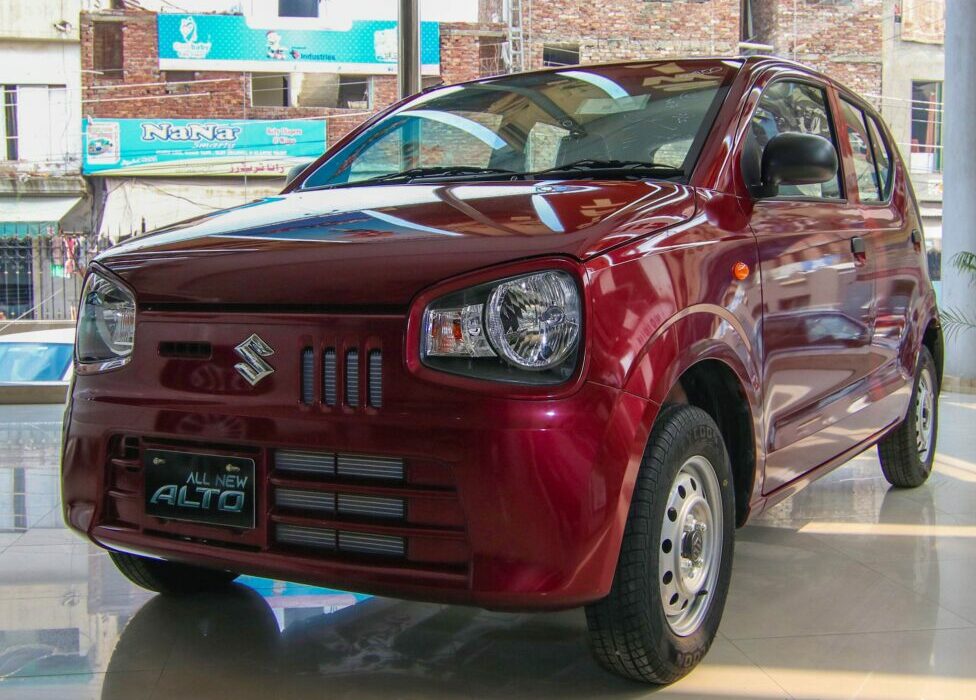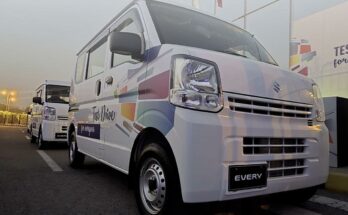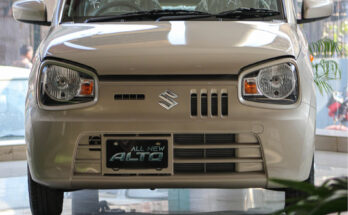Pak Suzuki was delisted from the Pakistan Stock Exchange (PSX) in late 2023 as the parent company SMC (Suzuki Motor Corporation) of Japan took full control of the company amid back-to-back quarterly losses due to poor sales.
Since its inception, Pak Suzuki has restricted its focus towards selling small hatchbacks in the market while leaving the playfield empty for Toyota & Honda to offer sedans, MPVs & crossover SUVs. In return, Toyota and Honda never introduced small cars & hatchbacks in the market despite having some quality options in their portfolio which the two companies offer in other regional markets.
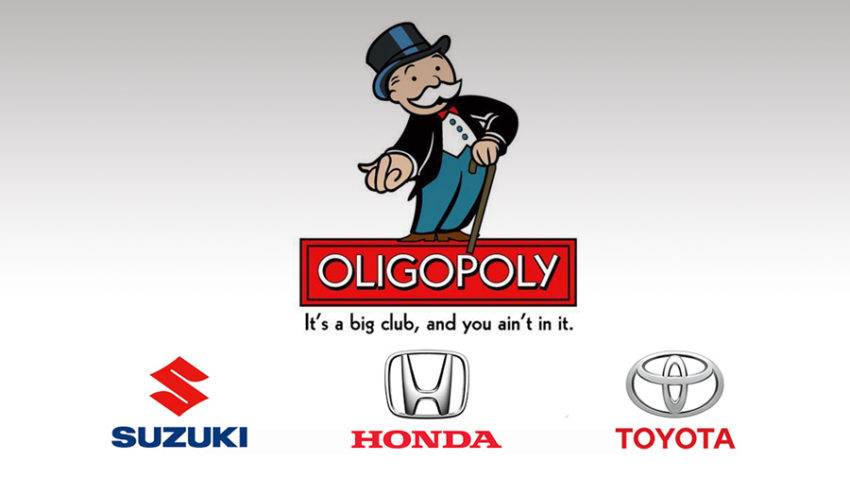
This move helped Suzuki gain a commanding 52% share of the market as there was no competition in the budget car segment. But in recent years, due to tough economic circumstances, the buying power of the masses has been badly deteriorated which has resulted in a massive decline in sales of small cars. As the upper income & the affluent class remains largely unaffected by the scenario, the sales of expensive sedans & crossovers haven’t experienced a decline as stark as the small hatchbacks.
Related: Auto Sales Trend Renders Widening Economic Divide in Pakistan
This means that despite lower sales, the likes of Toyota and Honda are still able to generate good profits, thanks to a higher profit margin on expensive cars. However, in the case of Suzuki, it cannot replicate the same with small cars as profit margins are thin and Suzuki was only able to make profits in selling volumes, and as the sales nosedive so does the profits.
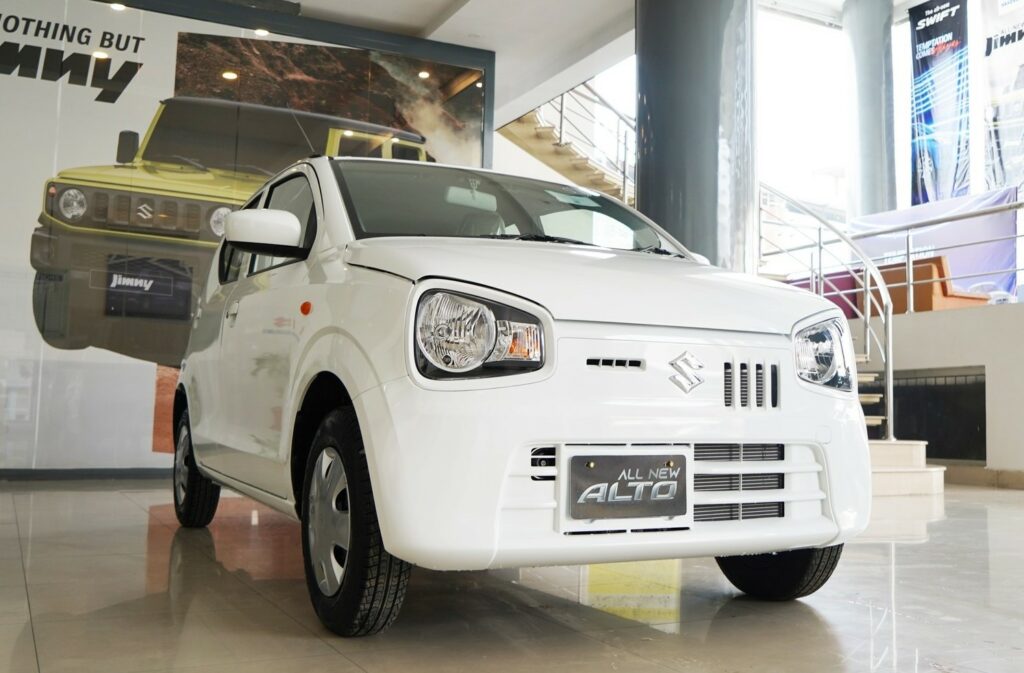
As of 2024, Pak Suzuki’s Alto 660cc is the only product that does well for the company, contributing 65% to its total sales. In contrast, the remaining six models — Swift, Wagon R, Cultus, Bolan, Ravi, and the newly launched Every minivan — together accounted for just 35% of overall sales in 2024.
Related: Top 7 Seaters We’d Love to See in Pakistan
At this point, it’s safe to say that the company is suffering mainly due to not having quality cars in the upper segments of the market. Based on what Suzuki has to offer in other regional markets, the XL7 should have been introduced to compete against the likes of Honda BR-V & DFSK Glory 580 Pro in the Rs 5.5 to 6.5 million price bracket.
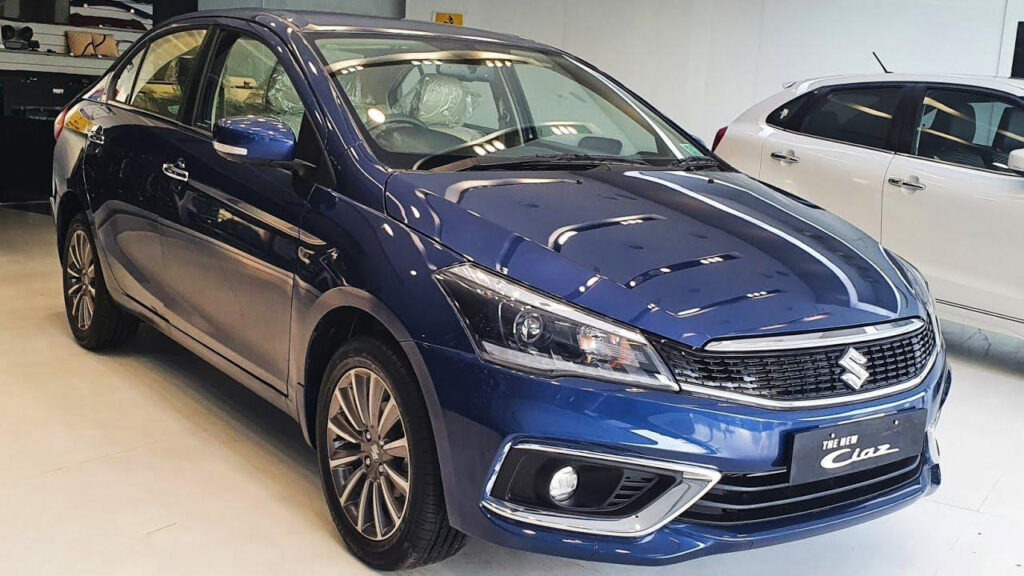
The Ciaz could have been a solid contender in the sedan market, but Pak Suzuki squandered the opportunity a few years ago. If reintroduced as a locally assembled facelifted model with a well-rounded feature set and a competitive price, it could still rival B-segment models like the Honda City and Toyota Yaris, targeting the Rs 5.0 million price range.
Related: Maruti Suzuki Targets Global Expansion with New Dzire
The Swift, along with models like the Wagon R, Cultus, and Alto, is currently priced on the higher side. A slight price adjustment could place the Swift under the Rs 5.0 million range, the Cultus and Wagon R between Rs 3.0 to 4.0 million, and the Alto below Rs 3.0 million. This would strengthen Suzuki’s lineup while maintaining a clear pricing structure between its models. Additionally, to capitalize on the crossover trend, Pak Suzuki should consider introducing the Fronx, as it has been performing exceptionally well in key markets around the globe.
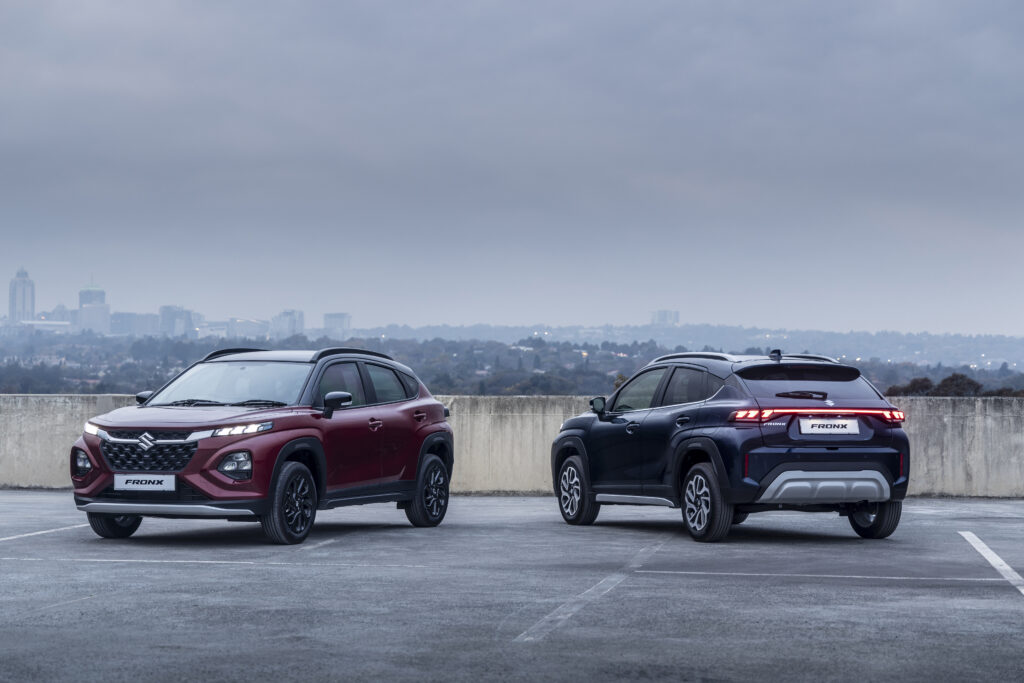
A revised strategy and thoughtful product adjustments could steer Suzuki toward greater profitability. By re-evaluating its pricing structure, expanding its product lineup with strategic introductions like the Suzuki Fronx, and focusing on consumer needs, Suzuki could not only strengthen its position in the market but also appeal to a wider range of buyers. However, success hinges on the company’s willingness to take bold steps, embrace competition, and position itself as a brand that competes head-on rather than shying away from it. With the right vision and execution, Suzuki can diversify its offerings beyond relying on a single high-volume model, thereby expanding its market share and thriving in a more competitive landscape.

A computer animation professional with over 23 years of industry experience having served in leading organizations, TV channels & production facilities in Pakistan. An avid car enthusiast and petrolhead with an affection to deliver quality content to help shape opinions. Formerly written for PakWheels as well as major publications including Dawn. Founder of CarSpiritPK.com

